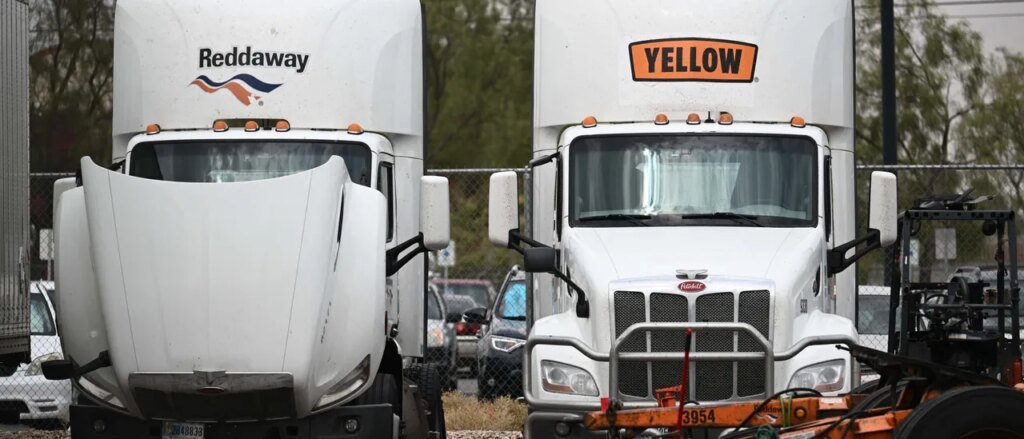Concerns Over Truck Driver Training and Highway Safety
Following a tragic accident involving a truck driver, President Trump visited the Department of Transport to address the issue of non-English speaking truck drivers holding Commercial Driver’s Licenses (CDLs). This incident has sparked discussions about the necessity for stricter regulations to enhance highway safety and prevent further fatalities.
Five years ago, new truck drivers were required to provide birth certificates, demonstrate English proficiency, and confirm their residence in their state before qualifying for a CDL. Back then, without English fluency, candidates couldn’t even take the driver’s test. Fast forward to today, where merely showing a work permit or foreign visa is now considered enough to obtain a non-dominant CDL.
In 2022, the Federal Motor Carrier Safety Administration (FMCSA) established rigorous federal training standards aimed at improving highway safety, alongside existing state commercial driver training regulations. Yet, these new measures come with notable exemptions that complicate enforcement. Employers and local governments often engage with unverified training programs, which might offer inadequate education under the guise of “self-certification.”
Take, for instance, the requirement in many states for new drivers, who are often as young as 16, to undergo licensed driver training before getting behind the wheel. Yet, Teamsters President Sean O’Brien recently testified before the Senate Commerce Committee, highlighting a lack of oversight regarding FMCSA’s rules for operating heavy trucks on highways. This raises alarming concerns about the potential for unqualified individuals receiving training from dubious sources.
The consequences of these lax standards are quite severe. In 2023 alone, the National Highway Traffic Safety Administration reported over 153,000 truck accidents leading to 5,472 fatalities, reflecting a 40 percent increase since 2014. According to available data, these troubling trends show no signs of abating, with the risk of dying in an accident involving a truck being 20 times greater than that of flying commercially.
Currently, while more than 30,000 commercial vehicles possess FMCSA approval, only 2,100 are recognized at the state level. The trucking sector is diverse, with major employers representing just 10 percent of it. Many smaller carriers, struggling with compliance and safety standards, often employ drivers who have been trained at subpar institutions, leading to unfortunate incidents that make headlines.
The American Trucking Association recently voiced its concerns in a letter to FMCSA, emphasizing the urgency of protecting both future drivers and the public from inadequate training programs that allow quick and minimal training for CDL applicants.
Some states are taking proactive measures to address these issues independently. For instance, California—reportedly experiencing one of the highest numbers of highway deaths—has unanimously passed legislation aiming to eradicate irresponsible commercial driving schools. Other states, like Florida and Colorado, are also increasing pressure on commercial training schools, particularly those ignoring new federal requirements.
President Trump’s ongoing research and executive order may lead to mandatory English proficiency for truck drivers. If enforced effectively, this could potentially disqualify many recently licensed drivers who haven’t received adequate training. Training providers with proven deficiencies in federal registries could face steep penalties similar to those faced by abuses in pandemic-related programs.
Truckers transport over 70 percent of goods across the U.S., playing a crucial role in maintaining supply chains, including essentials like food and medicine. Their hard work often goes unnoticed, but they certainly deserve the recognition and appropriate compensation.
The trucking industry is applauding President Trump and Transportation Secretary Sean Duffy for their efforts to safeguard American drivers and highways. The hope is to work collaboratively to enhance FMCSA regulations further and eliminate subpar training schools, thus improving overall highway safety.
With approximately 3,000 accidents and 100 fatalities a week involving heavy trucks, there is an urgent need for immediate action to address these issues.







